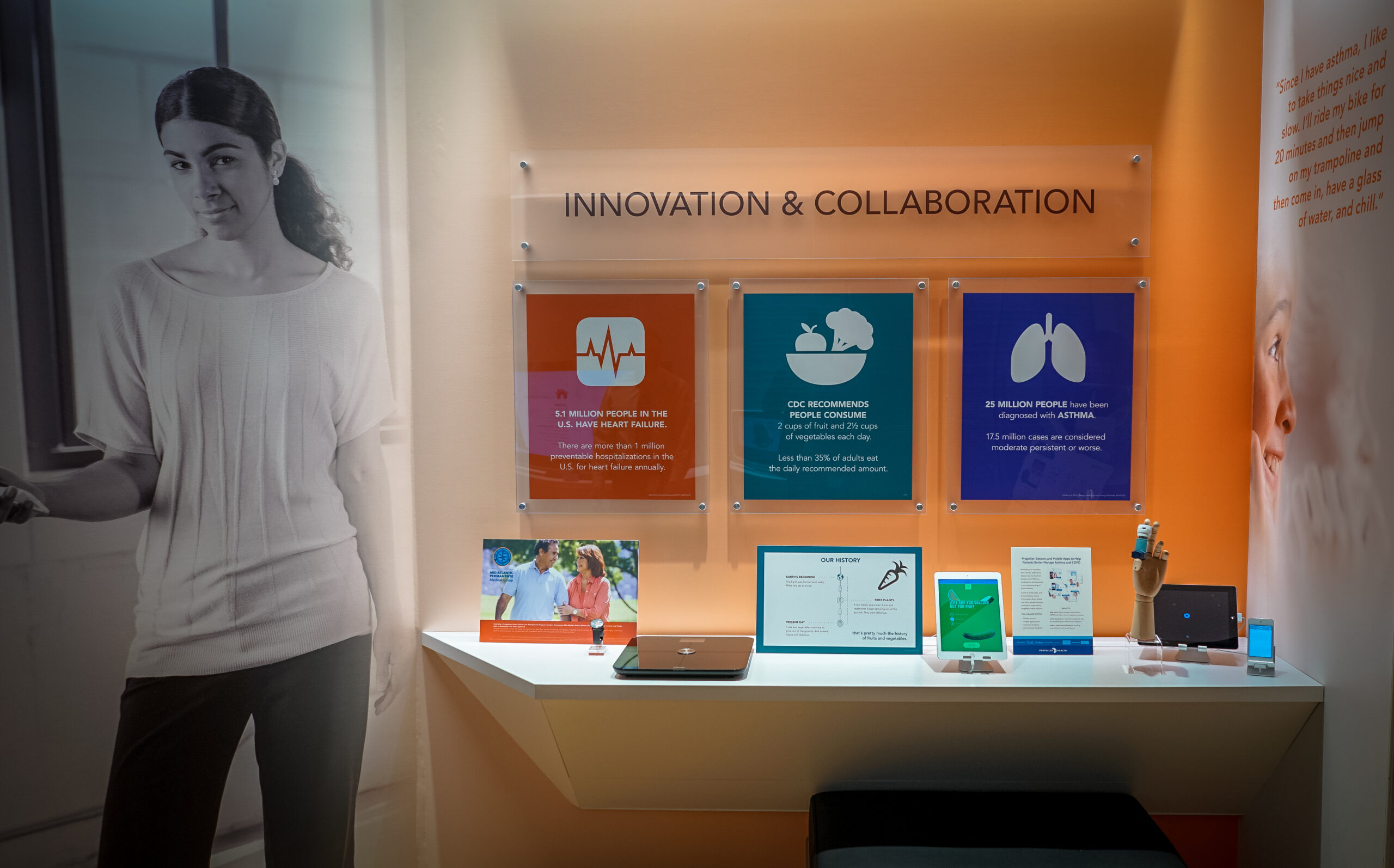Heart health is key for everyone, and at your trusted heart center, we emphasize the value of regular heart screenings. These screenings play a necessary role in detecting potential heart conditions early and managing risks before they become serious. Whether you have a family history of heart disease or want to take a proactive approach to your health, visiting a heart center for regular screenings can help in maintaining optimal cardiovascular health.
What Do Heart Screenings Include?
Heart screenings involve a series of tests designed to evaluate your heart’s health. A cardiologist assesses factors like blood pressure, cholesterol levels, and overall cardiovascular function. Here’s what you can expect during a typical screening at a heart center:
- Physical Exam: Your doctor will check your weight, listen to your heart, and look for signs of potential issues, such as high blood pressure.
- Blood Tests: These measure cholesterol and blood sugar levels, which are key indicators of heart health.
- Electrocardiogram (ECG): This test monitors the electrical activity of your heart to detect any irregular rhythms or abnormalities.
- Stress Test (if needed): A stress test assesses how your heart performs under physical exertion and can identify blockages or other issues.
- Imaging Tests (as necessary): Advanced screenings like echocardiograms or CT scans may be used to get a closer look at your heart and blood vessels.
These screenings provide valuable insights into your current heart health, allowing your doctor to design a personalized plan to address any risk factors.
Are Screenings Only for Older Adults?
One of the most common misconceptions about heart screenings is that they’re only for older adults. While it’s true that heart disease risk increases with age, regular screenings are valuable at any stage of life. Heart disease can affect anyone, including young adults, especially if there are underlying risk factors or a family history of heart conditions.
The earlier potential issues are identified, the easier it is to manage them and reduce the likelihood of serious complications later on. For younger adults, screenings might occur less frequently and focus primarily on lifestyle factors, such as diet, exercise, and smoking habits. Regular check-ups help detect any changes in heart health early, regardless of age.
Which Risk Factors Raise Concern?
Certain risk factors make it especially significant to stay on top of regular heart screenings. These include:
- Family History: If heart disease, high blood pressure, or high cholesterol runs in your family, you may have an increased risk.
- Lifestyle Choices: Smoking, poor diet, and lack of physical activity all contribute to heart problems over time.
- Chronic Conditions: Conditions such as diabetes, obesity, and kidney disease increase your risk of developing heart disease.
- Age & Gender: Men over 45 and women over 55 are more likely to develop heart-related issues, although risk can still exist outside these age groups.
- Stress: Prolonged stress or unmanaged mental health conditions like anxiety can negatively affect heart health.
If any of these factors apply to you, it’s a good idea to discuss them with a cardiologist. They’ll be able to recommend the best steps forward, including how frequently you should schedule screenings.
Visit a Heart Center
Your heart works tirelessly to keep you going, but it needs proper care to remain strong and healthy. Regular screenings at a heart center are a proactive step toward verifying that your heart stays in top condition. If you haven’t had a screening recently, now might be the perfect time. Consult a cardiologist to discuss your heart health, risk factors, and the recommended schedule for screenings.
- How a Gastroenterologist Can Help with Chronic Digestive Disorders
- How to Prepare for Cataract Surgery
- How To Create a Personalized Weight Loss Plan
- The Importance of Foot Care for Diabetes: Prevention Tips You Need
- Cutting vs. Polishing Tools in Dentistry: Key Differences Every Dental Professional Should Know


Leave a Reply